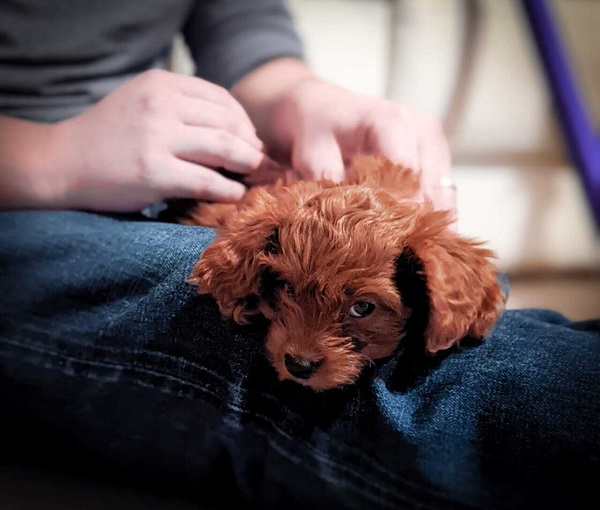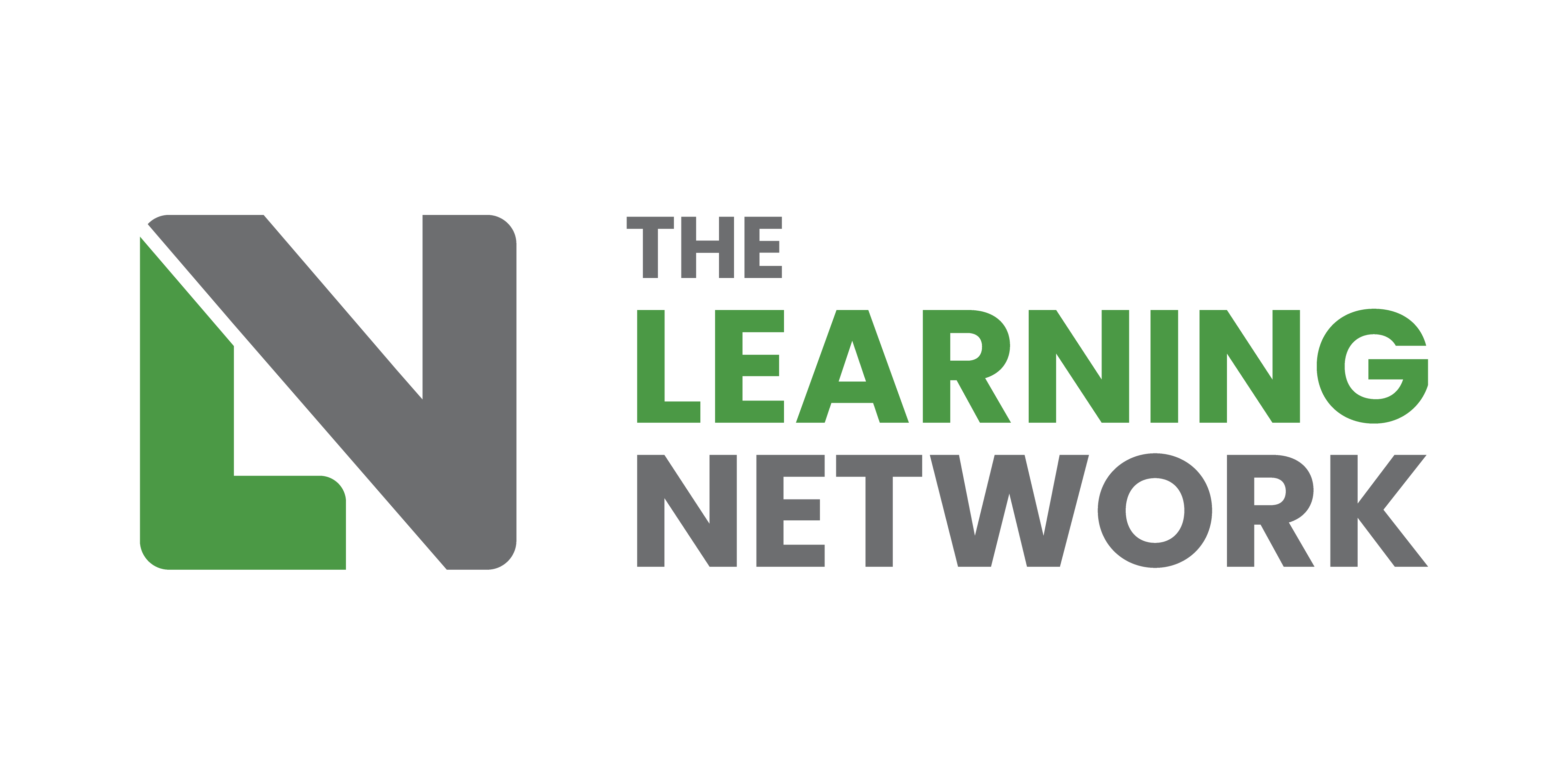I am the founder and CEO of Rewire, a learning agency specialising in creating tech-enabled, learner-centred solutions that answer real business challenges. We believe in creating impactful learning experiences that aren’t just effective but actively delight learners and have behavioural change at the core of their design.
My specialism lies in Cognitive Science and my approach to learning is broad brush – it boils down to using behavioural science and cognitive principles to influence how we communicate information to shift behaviour (same as any other behaviour change led industry, like marketing for instance).

I have experience working in the private, public and third sector, most recently as Head of Learning Experience Design for Learning Lab at PwC. Before starting in the learning industry, I dabbled in graphic design, digital marketing and worked for a consultancy specialising in qualitative and ethnographic market research.
When I’m not working, I love experimenting in the kitchen, travelling and enjoying a good whisky.
What do you like most about the L&D field?
I’ve always wanted my work to have a real impact on people and broader society and focusing on learning has been a great way to channel that. I love helping businesses align their strategic goals to their people’s skills and behaviours and then designing inventive and creative learning interventions to help them achieve their vision.
What made you decide to stand for the eLN board?
For me, the eLN is a forum to get to know some fantastic people, share knowledge, and learn from each other. I wanted to serve on the board to contribute more meaningfully to the organisation’s mission and growth and be part of supporting the development of the next generation of the L&D industry – both the people and the tech.
On a personal note, this is the year I want to focus more on actively putting myself out there (including going out on my own and taking on a new role as an entrepreneur).
Additionally, the past few months I have done a fair few consulting projects in the Inclusion and Diversity space and the bleak numbers of women serving on boards, particularly women of colour, really made me want to push myself to try.
What would your dream job be?
Dream job – that’s a tough one. Even though I stumbled upon my current career by chance, it’s a pretty perfect fit. But, if I weren’t in the industry (or in a parallel universe), I would probably be travelling the world and blogging about food – one of my favourite things is making up recipes.
If you could change 1 thing about the world of L&D, what would it be?
Go back to the end-user (learner) more – a stronger emphasis on the science behind how people learn, on UX research and people-centred design, on the end-to-end learner experience and on making life as easy and frictionless as possible for the learner (adult learners in the workplace don’t need to memorise everything!).
What does a typical workday look like to you?
- Walk Lilo the dog
- Then start the workday around 9am – could be doing anything from strategy workshops, consulting, working on pitches, defining creative treatment or doing the actual work of building solutions
- Lunch at 1pm with my co-worker (and husband)
- Finish project work around 6:30pm
- Walk the dog – part 2
- Spend an hour or two on business development
- Dinner time
What is your favourite type of training to either build or deliver?
Any learning solutions that allow for creative freedom in how they’re designed or deployed. Particularly, I get excited about projects that harness a

combination of behavioural and gamification principles with advanced technology like AI, AR or VR meaningfully – or just need to be designed in an interesting or unusual way to enable sustained behaviour change.
I also have a soft spot for third sector work.
If you could give yourself advice when you were first starting out, what would it be?
Have more confidence in your abilities and worry less – things generally work out!
What has been your proudest moment?
Taking the decision to start my own business, especially with the current economic climate and the impact of the pandemic. I am proud of having the courage to take the step.
If you could go back in time, what year would you travel to?
200 BCE, India, to explore different languages, cultures and food and understand how they’ve evolved over time.
If you were a superhero, what powers would you have?
Psychokinesis and telepathy – basically Jean Grey.
If you could share a meal with any 4 individuals, living or dead, who would they be?
- Anthony Bourdain
- Ashwani Asokana
- Amal Clooney
- Elon Musk (for the controversy and debate!)
What’s the most daring thing you’ve ever done?
Coming to the UK at 18, with no family or friends around.
What three items would you take with you on a deserted island?
Chainsaw
Volleyball (to make my own Wilson)
Notepad with pen attached (I know, sneaky)
Aside from necessities, what one thing could you not go a day without?
Family.
Finally, what would be your top 5 tips for someone new to L&D?
- Understand both business and learner needs – it’s a balancing act.
Side note: training isn’t always the solution – if you haven’t already, look at Cathy Moore’s work. - Remember who you are designing for – whether it’s adult learners in a business environment or anyone else, don’t lose sight of your audience.
- Test and iterate your approach as much as possible – it is okay to test with an MVP (Minimum Viable Product).
- Focus more on performance metrics and defining the exact behaviour you want to change during the design phase and less on content and curriculum.
- Be curious, open, and bold – challenge pre-existing assumptions and ways of working.
- Understand both business and learner needs – it’s a balancing act.
I’m always happy to help – Connect with me on Linkedin or Slack to stay in touch.



